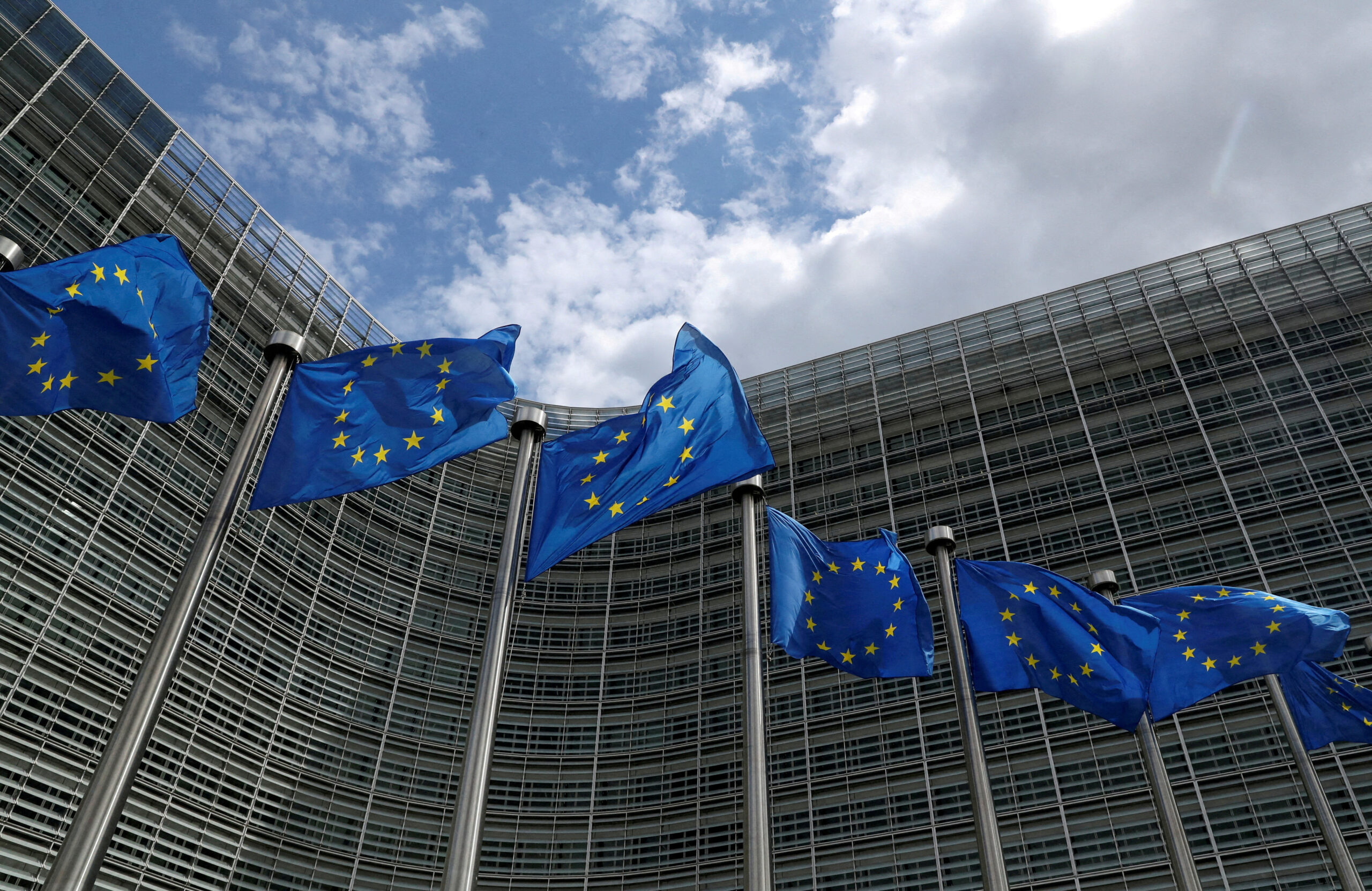Israelis pay respects at Knesset to former PM Ariel Sharon
The body of former Israeli Prime Minister Ariel Sharon lay in state on Sunday in front of the Knesset, Israel\’s parliament, after his body was driven under police escort to Jerusalem.
A state memorial is planned for Monday with the participation of Israeli and world leaders, followed by a private burial at Mr. Sharon\’s ranch in the Negev desert in southern Israel. U.S. Vice President Joe Biden will lead an American delegation at the memorial service.
Sharon died Saturday at the age of 85, eight years after suffering a massive stroke.The death of Israel’s long-serving political and military leader was announced by an official at the Chaim Sheba Medical Center, Shlomo Noy.
"The Chaim Sheba Medical Center at Tel Hashomer announces in sorrow that former Israeli Prime Minister Ariel Sharon has passed away. His death was determined an hour ago. Mr. Sharon was treated for over seven years in the medical center rehabilitation hospital," he said. "Today he departed peacefully with his wife and family at his side."
Sharon had been in a coma following a stroke in 2006. His condition began to deteriorate several weeks ago although doctors said he fought back valiantly.
Ministers in the Israeli government issued statements mourning his death and praising him as a great defender of the Jewish state, and many world leaders issued statements paying tribute to the late statesman.
Palestinian leaders noted his passing without regret saying he was responsible for many deaths and much suffering among their people.
Sharon was a tough, independent-minded leader who was admired by many Israelis but criticized by other countrymen and reviled by the Palestinians.
A week ago, medical officials said his kidneys and other vital organs had begun to fail.
As a soldier, Sharon was known for his daring heroics on the battlefield in the decades following the creation of the State of Israel, most notably during the Yom Kippur War of 1973. In a brilliant tactical display, he led Israeli troops across the Suez Canal, cutting off Egypt\’s third army.
He was also known to many for being reckless and brutal. As a military leader, he drew international condemnation for a 1953 reprisal raid on the Jordanian town of Qibya. The attack left 69 people dead, most of them women and children. Israel launched the raid after a woman and her two children were murdered in the town of Yehud.
As defense minister in 1982, he led an invasion of Lebanon, following a series of attacks by Palestinian gunmen based in the country. During the invasion, members of a Lebanese Christian militia allied with Israel massacred hundreds of Palestinians at the Sabra and Shatila refugee camps in Beirut. A government probe of the incident led to Sharon\’s resignation.
Dennis Ross, a former U.S. Middle East negotiator, says the military shaped Sharon.
"He certainly came to believe that the only way peace would be possible would be for Israeli strength to be respected." he said.
As a politician, Sharon was also controversial. As a cabinet member, he promoted the establishment of Jewish settlements throughout the Palestinian territories and championed territory-expanding Zionism for most of his life.
Palestinian scholar Shukri Abed says this won him further hatred among Arabs.
"To say the least, not trusted, and probably hated by many of them, because of his strong positions, because he was an advocate of building settlements," Abed said. "He was the father of building settlements."
As head of the opposition in 2000, Sharon\’s visit to the Temple Mount, or Haram al-Sharif, in Jerusalem sparked anger among the Palestinians and triggered the uprising known as the Second Intifada.
He became prime minister in 2001.
His government suppressed the uprising within a few years and began work on the security barrier that now separates Israelis from Palestinians.
While Sharon is remembered as a tough leader who spared no action to defend his people, he was also one who could take difficult steps.
But, in 2005, he stunned the world and some allies when he oversaw Israel\’s withdrawal from the Gaza Strip, pulling Israeli settlers and soldiers out of the enclave in the hopes of achieving peace with the Palestinians.
"The relocation of the settlements will be in order to draw an efficient security line that will create a disengagement line between Israel and the Palestinians," Sharon said at the time.
He then left the hawkish Likud party to form the centrist Kadima party which subsequently engaged in intense but unsuccessful peace talks with the Palestinians, aimed at establishing a separate Palestinian state.
World negotiators, including U.S. Secretary of State John Kerry, are currently trying to get Israelis and Palestinians to agree to a framework peace deal that leads to a two-state solution.
In 2006, Sharon suffered a series of strokes and slipped into a coma. He was replaced by Ehud Olmert as prime minister.
In a vegetative state, the former prime minister spent the next few years at a hospital near Tel Aviv before being transferred to home care at his ranch in southern Israel.
Israel\’s current prime minister, Benjamin Netanyahu, said there is "deep sorrow" in the Jewish state over Sharon\’s death. Sharon says the former leader will live forever in the nation\’s heart.
Omri Ceren, a senior adviser at The Israel Project, a pro-Israel nonprofit group in Washington, says Sharon is a figure of "overarching importance" in Israel\’s history for his role in reshaping the country\’s civil and military sectors.
"Sharon was both a military hero – at times, arguably one of the country\’s greatest military heroes in the aftermath of particular wars — but also a political giant," Ceren said. "He, in the military context, was thought to have been critical to winning — to literally, quite literally, winning — entire theaters during wars like the Yom Kippur War, the 1973 war. And politically, he quite literally redrew Israel\’s electoral map."
Natan Sachs, a fellow at the Saban Center for Middle East Policy at the Washington-based Brookings Institution, describes Sharon as a figure of "many legacies."
"A very beloved prime minister, one that many Israelis turned to as a certain father figure; a very seasoned politician, in contrast to much younger politicians who seem to have failed, such as Netanyahu, such as Ehud Barak," he said. "Sharon seemed to be the very steady hand in the very traumatic days of the second intifada in the early 2000s."
Sharon served as prime minister from 2001 until his 2006 stroke left him in a coma.
Source: VOA and agencies
[do_widget_area inner_adsbar]










